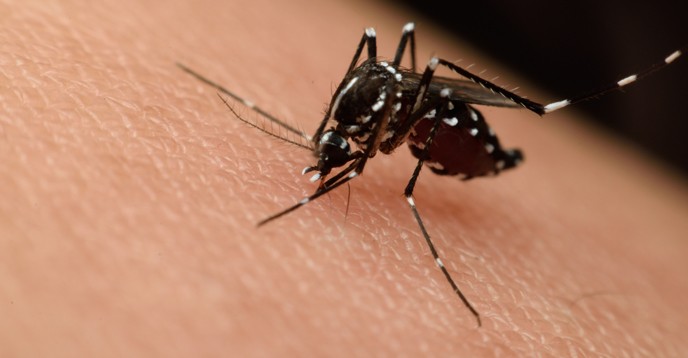An ever-present Threat

Delhi has been bugged by Culex mosquitoes that cause filariasis and encephalitis, diseases that have a low prevalence in the capital
Despite a relief from the mosquitoes causing dengue and malaria, Delhi is facing a threat with culex moquitoes, which can spread filariasis and encephalitis.
As the monsoon season proceeds towards its commencement, people in Delhi have already started complaining about the increasing number of mosquitoes. However, this monsoon, the residents in the capital will be at relief from the mosquitoes which spread dengue and malaria.
This time, Delhi has been bugged by Culex mosquitoes that cause filariasis and encephalitis, diseases that have a low prevalence in the capital. Lymphatic filariasis is spread by infected mosquitoes, which breed in stagnant dirty water. Culex mosquitoes are not considered as threatening as the Aedes Aegypti mosquitoes causing malaria and dengue, but basic precautions from the little possibilities of falling sick are a must.
In very rare cases, long-term damage to the lymph system causes swelling in the legs, arms and genitalia. It also increases the risk of frequent bacterial infections that harden and thicken the skin.
“These mosquitoes cause continuous itching on the body that leaves red marks. We have to wear full body covering clothes and apply repellent gels to protect ourselves,” said Shalini Sharma, a resident of Rohini.
Dr V K Hazarika, the municipal health officer of Delhi, told TOI that drains and construction sites must be cleared of stagnant water to check breeding. “We had a meeting with the engineering section last week over this issue. They have been told to expedite de-silting of drains,” Hazarika said.
“We need to close the source of breeding, which is clogged drains, for long-term effect. Fogging is a temporary intervention, best used when there is a health crisis,” said K Raghvendra, scientist, National Institute of Malaria Research.
He added that once the mercury rises to 45 degrees Celsius and beyond, most breeding spots of the culex mosquito would dry up.
In 2015, Delhi had witnessed an epidemic-like situation with over 10,000 dengue cases and maintaining clean surroundings, using mosquito repellent creams, not allowing water to collect a place, cleaning drains and appropriately covering the body to protect against mosquitoes are some of the measures that must be taken by the people to stay safe this monsoon.









